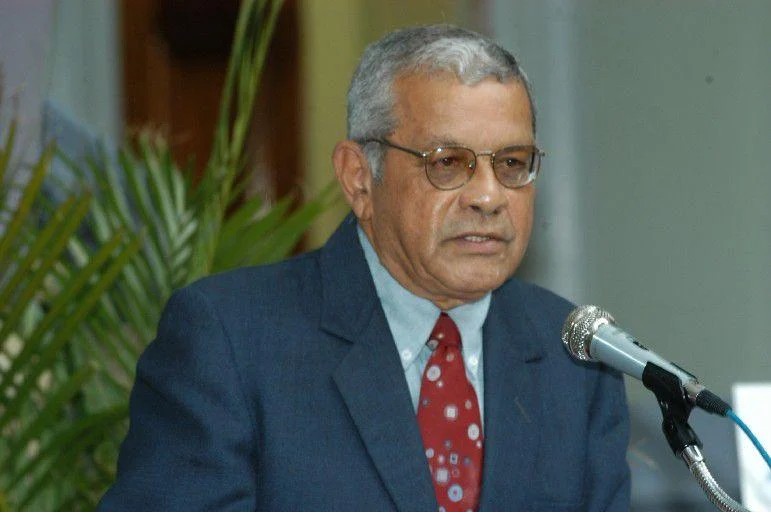(Trinidad Express) Cartels control food production in Trinidad and Tobago.
This was the opinion of Prof Brinsley Samaroo, who spoke last Wednesday at the launch of “History Fest: An Examination of the Business History of T&T” at the audio-visual room of the Alma Jordan Library, The University of the West Indies, St Augustine.
Samaroo, who was a part of a panel discussion on “A History of Growing Food in T&T”, said the cartels also control the economy.
“It is very important that you understand who controls food production in Trinidad and Tobago. It is not the people and I keep talking about the cartel that controls the economy, and that is where you have to tackle the problem,” Samaroo said.
There is also corruption behind the food that is imported into the country, he alleged.
“This is also a political problem because the cartel finances political parties in this country and, therefore, whichever political party is in government cannot do some of the things being promised because the cartel does not allow it.
“So you have to understand that if you want rice, you cannot produce it in Nariva and Oropouche. We will bring the rice from Thailand, but it is not coming directly from Thailand; it is coming from the cartels’ agents in the United States, and then you get the rice,” Samaroo said.
Samaroo said cartels also dictate policy.
“So (the Government) can only talk but take no action because the cartels are not allowing the local producers and entrepreneurs to take control, so unless we take control of agriculture from the cartels and put it in the hands of the people, we are not going to have any production.” Samaroo said.
The cartels also stopped Tobago from producing food, he argued.
“Tobago produced a lot of food for Trinidad long before the wars, but it is not producing this food anymore because the cartel isn’t allowing Tobago to do that, because the cartels are bringing the food to Trinidad. Unless that cartel is controlled, we will continue to be wood hewers and water drawers,” Samaroo said.
Also speaking at the event, Dr Rita Pemberton noted that slaves who toiled in agriculture were also innovative businesspeople.
“Business history in the Caribbean must look at what we describe as peasant agriculture. When we talk about business history, we must embrace the levels and the different avenues of business where agriculture is concerned.
“Business history seems to focus on plantation agriculture, but the agriculture produced by people who were classified as gardeners or farmers in Tobago were businessmen. They demonstrated the qualities of business, finding markets, expanding production, negotiating, adding value to their products and all those qualities were celebrated,” Pemberton stated.
She said agriculture production in Tobago was significant, yet it did not receive Government support.
“Production was significant, however. Government support was not there unless there was a crisis, as occurred in World War I, and more so in World War II.
“But what you had was Tobago people labelled as the food basket of Trinidad, providing food for the poorer elements of the population in Trinidad,” she said.
Pemberton said Tobago farmers had a strategy that worked.
“They organised themselves and there was a strategy. It started in Tobago in 1783, where, because of American independence, it was necessary to grow food locally because they couldn’t get any trade during the disruptions of the war and so you have people being mandated to produce food for themselves. So you had two levels to produce food for themselves. So you had two levels of agriculture: that of the plantation and that of the workers,” she said.

